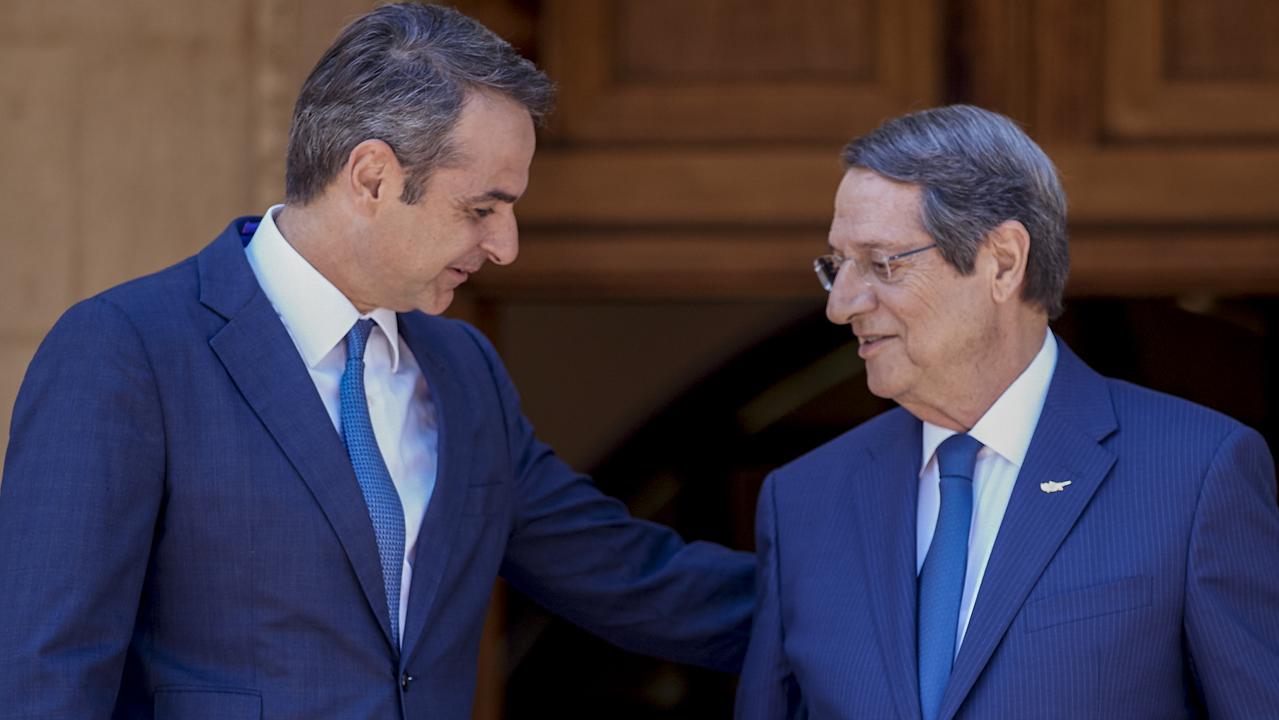And as South Africa's President Jacob Zuma embarks on a determined new drive to secure it for his former wife, the widely admired Nkosazana Dlamini-Zuma, Interior Minister in his cabinet, what is clear is that his country's post-apartheid foreign policy honeymoon with Africa is over.
Policy missteps, notably when it acted uncertainly after Ivory Coast president Lauren Gbagbo tried to steal his country's election, and then when Zuma led the AU up a blind alley over Libya, backing Muammar Gaddafi to the end, have undermined the virtually unchallenged influence South Africa wielded across the African continent in the warm afterglow that followed the defeat of apartheid.
Under the presidency of the iconic Nelson Mandela and then of his successor Thabo Mbeki, South Africa, the continent's foremost economic power, had little difficulty getting its own way, using its clout to take bold political initiatives and assuming a leadership role.
Suddenly, that is no longer the case. And nowhere is this new reality being seen more tellingly than in the battle to win the prestigious AU post for Dlamini-Zuma.
That she is ideally suited for the job is something even those opposed to her candidacy agree. A medical doctor and veteran of the anti-apartheid struggle, Dlamini-Zuma married Zuma while working with the ANC underground. She was a highly successful health minister in Mandela's first post-apartheid government and then served for years as foreign minister before becoming interior minister in the first government appointed by the polygamous Zuma, from whom she was divorced in 1998.
In a government beset by corruption and controversy, she is widely admired as a good administrator and a straight-shooter. But when African leaders gathered last month at the shiny, new 12-storey AU headquarters in Addis Ababa to choose between her and incumbent Jean Ping, a diplomat from Gabon, the outcome was inconclusive.
Despite energetic personal lobbying by Zuma and the calling in of favours, his ex-wife failed to win the two-thirds majority she needed to supplant Ping and become Africa's top official.
Ping, too, failed to get the magical two-thirds he needed for another term. Now, intense lobbying is again under way for another round in the contest scheduled to take place when AU leaders meet in Malawi in June.
Despite the first-round rebuff, Zuma isn't giving up on getting the job for his ex-wife. He's got the bit between his teeth and is determined to win. Fifteen member-states of the Southern African Development Community have already pledged their support for Dlamini-Zuma, insisting it's time for southern Africa to get a job it has never held in the 48 years that the AU and its predecessor, the Organisation of African Unity, have been in existence.
But they're facing a tough battle. The countries of Francophone Africa, which dominate AU membership, mainly favour Ping, allegedly at the behest of former colonial masters in Paris.
Again, too, there is criticism of South Africa's alleged maladroit handling of a highly sensitive foreign policy issue, with complaints it has ignored an accepted rule of international organisations that officials of large countries like South Africa are not appointed to top international jobs such as running the AU.
A test of wills the likes of which has seldom before been seen on the African continent is thus under way. Zuma is determined to get his way; so, too, are the Francophone countries, with Paris pulling the strings. There's a Francophone/Anglophone divide. South Africa, despite its enormous economic clout, no longer enjoys the plain sailing that it once did in imposing its will.
It could be that when Africa's leaders meet in Malawi, Zuma's ex-wife will finally get up. But in the protracted process surrounding the election, what has become clear is that Africa's leaders cannot always be expected to do the bidding of the continent's pre-eminent economic power. And that's a reality with which Zuma is going to have to come to terms.




IN theory, at least, it is Africa's top international job - chairmanship of the 54-nation African Union, a post similar to that of the presidency of the EU.